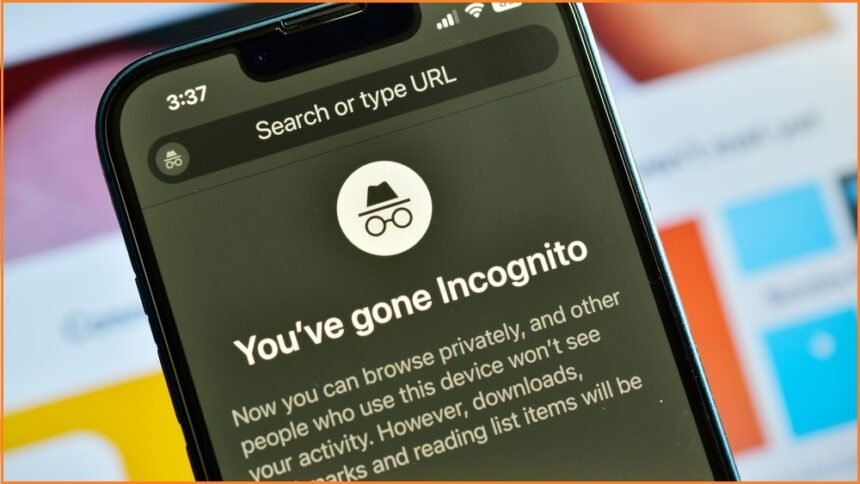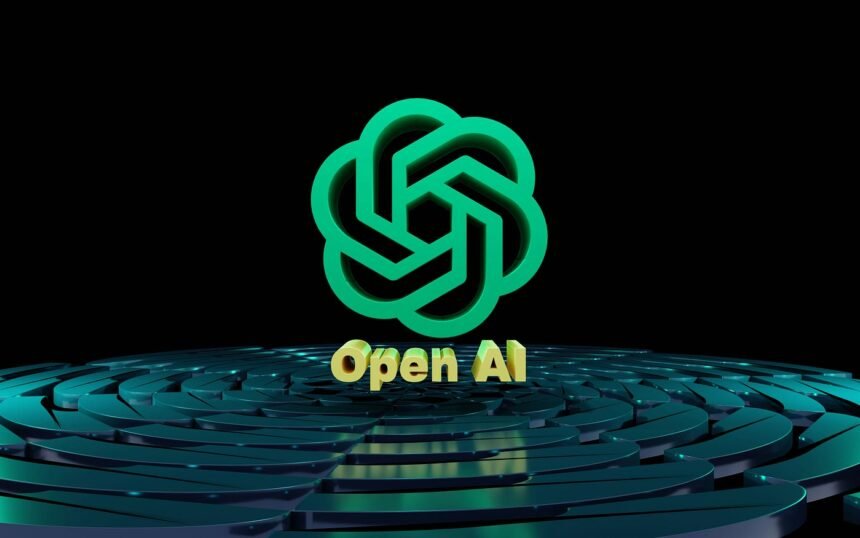Spotify, known for its music, podcasts, and audiobooks, is now testing a new feature in Sweden: an emergency alerts system. This development, discovered through code references in the Spotify app, suggests that the company is considering a system to distribute public announcements about accidents, serious events, or service disruptions.
The music company confirmed to TechCrunch that it is experimenting with this system, although it did not clarify its motivations for doing so. There is no legal requirement in Sweden for Spotify to provide such a service. Currently, the company is only investigating whether the app could support an emergency alerts system.
Technologist and reverse engineer Chris Messina first uncovered the feature. He speculated that an emergency alerts service might encourage users to enable app notifications, as people often disable alerts from non-essential apps like those for social networking or entertainment. This move could help Spotify capture users’ attention more effectively and promote its new features.
Supporting emergency alerts could make Spotify a more indispensable app, similar to how Meta’s Safety Check feature provides updates during major disasters. Google also alerts users about disasters through its earthquake alerts on Android.
In the U.S., lawmakers have considered requiring online video and streaming apps to support emergency alerts, similar to TV and radio broadcasters and cable TV systems.
Code references in Spotify’s app describe the feature with phrases such as:
– “Emergency alerts in Sweden”
– “Receive public emergency alerts”
– “Important public announcement, IPA, is the system used to alert the public in Sweden in the case of accidents, serious events, or disruptions of important services”
– “Visit the Swedish Civil Contingencies Agency site for more information”
A Spotify representative confirmed the test, stating that it is currently limited to Sweden.
“At Spotify, we routinely conduct a number of tests in an effort to improve our user experience,” they said. “Some of those tests end up paving the way for our broader user experience while most serve only as an important learning.”













